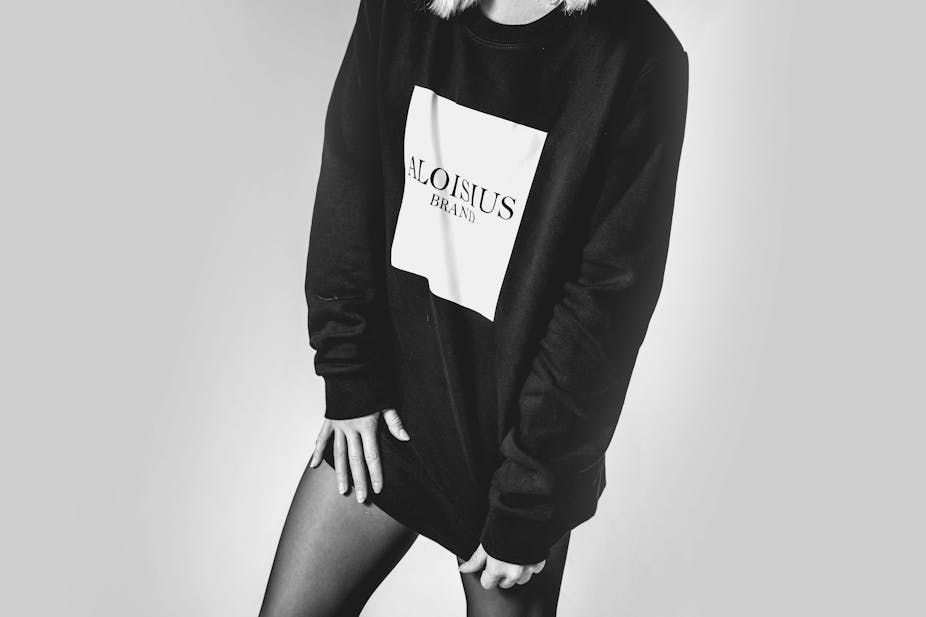“What’s in a name? That which we call a rose by any other name would smell as sweet”. Thus Juliet tries to convince herself that Romeo bearing the name of her family’s enemies is not a barrier to their romance… a sorry mistake with tragic consequences, as we all know. Would Donald Trump have been elected if his family name were Tramp? Would Adolf have conquered the German mind if his father had not changed his own original name from “Alois Schiklgruber” to “Alois Hitler”? Names do matter. So do brands. Public figures would do well to remember that their names are brands and should be treated according to the principles of brand management. And aren’t we all public figures in the age of Facebook?
Brand management is “the analysis on how that brand is perceived in the market”. This involves the way a product looks and how it is positioned in terms of value and benefits. Brands try to create an emotional connection between a product and their customers. Companies shape their product packaging design according to carefully selected attributes that will promote a product as healthy, exclusive or technologically sophisticated. So do people, apparently. Recent research has shown that people can end up shaping their facial attributes to conform to a social norm related to name stereotypes. Thus, according to Anne-Laure Sellier’s study:
“Allison may end up adopting a hairstyle, expressions or specific facial traits (e.g., smile lines) consistent with the stereotype of an Allison that her cultural group has in mind”.
How much of this theory applies to family names that carry intrinsic meaning or connotation? The word trump, for instance, derives from triumphand became synonym with a “triumphant card” that gives the player the power to override a competitor’s move in certain games. It also means a dependable and exemplary person. How much of this brand legacy helped the Trumps build their real-estate empire and then led Donald to become the most powerful politician on Earth?
Even if some names don’t have a direct translation, some formulas sound better than others. No wonder so many writers choose a nom de plume. George Orwell was born Eric Arthur Blair. Lewis Carroll was once called Charles Lutwidge Dodgson. And John le Carré was baptized David John Moore Cornwell. In music and sports, we have El Greco (Dominikos Theotokópulos), Elton John (Reginald Kenneth Dwight) and Pelé (Edson Arantes do Nascimento). In politics, changing one’s name also makes sense: Ho Chi Minh was Nguyen Sinh Cung, Stalin was Ioseb Vissarionovich Dzhugashvili and Che Guevara was once Ernesto Rafael Guevara de la Serna.
Cross-cultural traps
Changing your name to better position yourself is quite common, but one must be careful. In intercultural environments, personal names and product brands may run into unsuspected traps. A classic example is Nokia introducing the international line of “Lumia” phones without realizing it means prostitute in Spanish. “Morning Mist” can be an appealing name in the English-speaking world, evoking the sensuality of light fog on the countryside at dawn, whereas in German it would literally convey the image of a pile of dung. Likewise, certain people would find immigrating to Brazil difficult. Rick Porras, for example (producer of the Lord of the Rings movie trilogy), would probably not be amused when Brazilians started giggling at his name, which in Portuguese is the plural form of a very common swear word.

Of course, poor brand legacies can be overcome with good product positioning. Apple launched the iPad in 2010 in spite of a notorious sketch by Mad TV in 2007 speculating about the brand “iPad” as a Bluetooth-enabled female sanitary napkin. Even if the video of this sketch became viral during the days that followed the launch, iPad went on to become a very successful product line. Similarly, the famous Brazilian soccer player “Kaka” quickly earned the respect of French fans of Milan Football Club and Real Madrid, even though his name sounds like “poo” in France.
Yet these cases seem to be exceptions that confirm the rule. Therefore, before you name your baby, make sure this new personal brand will sound well in your own language and, if possible, in other countries where your offspring may want to live or work. Being named “Harry Chinn” or “Ben Dover” may not be a death sentence, but it could be a handicap in the world of personal branding.

